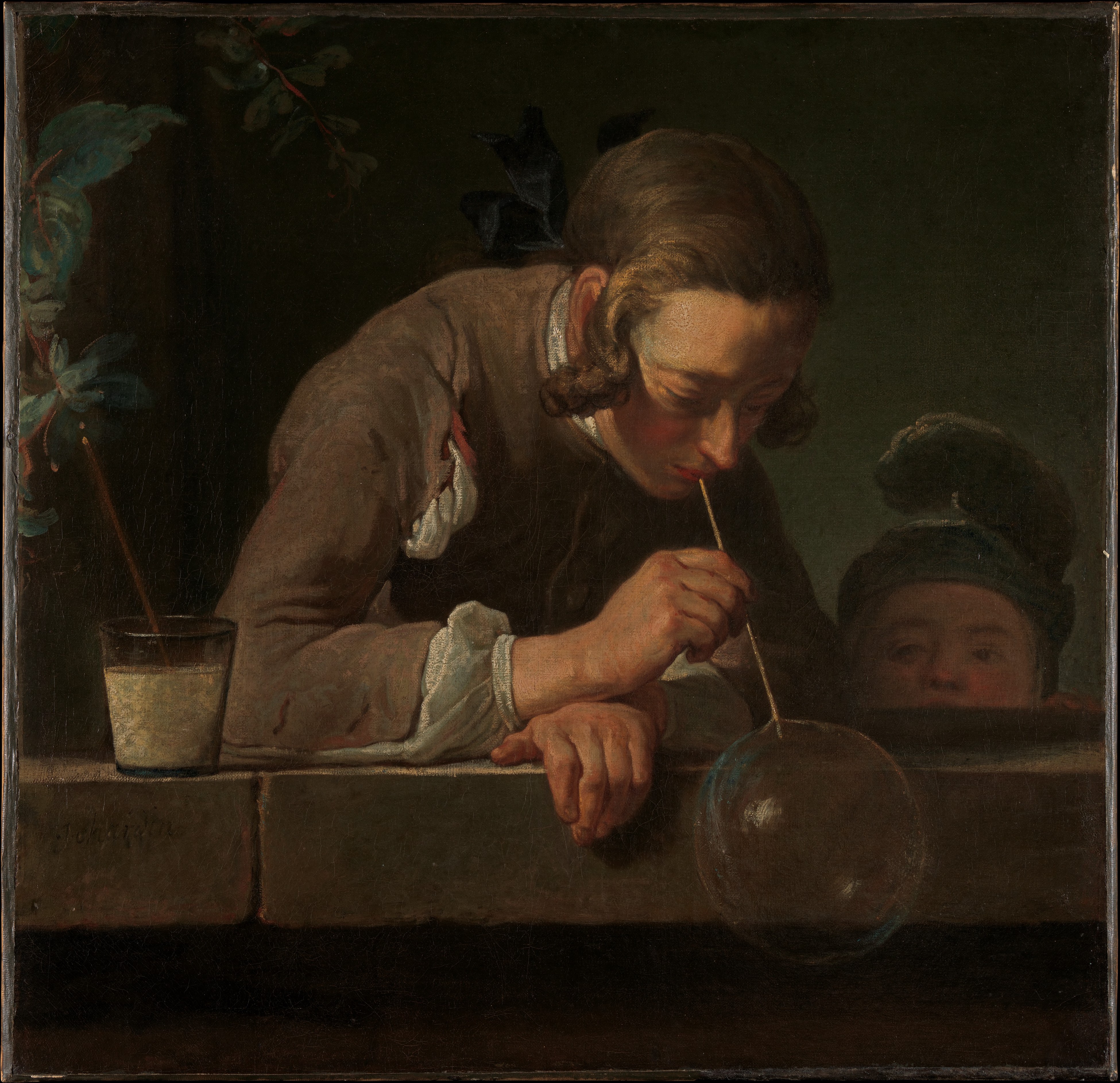Rotismi infernali: i viaggi dentro l’orologio di Jules Verne e Dino Buzzati
DOI:
https://doi.org/10.13133/2239-1983/18406Abstract
This essay investigates the relationship between technology and literature through the close reading of Maître Zacharius ou l’horloger qui avait perdu son âme. Tradition genevoise (1854) by Jules Verne and L’orologio (1959) by Dino Buzzati. The true protagonists of both stories are either cursed and dying clocks or defective and hellish ones. Focusing on the different narrative functions that these objects enable in the two texts, I will argue how they trigger a disruption of the plot’s linear temporality and of the hero’s normal sense of time, through the short-circuit of a fantastic, supernatural temporality. Drawing from recent contributions to the Spectral turn, I will suggest that clocks are auratic artifacts symbol of modernity’s industrial progress which prompt the blurring of boundaries between subject and object, science and religion, public and private time, eternity and mortality, realism and fantastic literature. The study of the metaphysical and ethical dilemmas they raise within the text can help elucidate the shift from one sentiment of time to the next, during those passages from and towards different regimes of temporality as theorized by Pascal Chabot: from the Christian and positivistic eschatologies typical of XIXth century literature, to the crisis and collapse of the sense of an ending in the purgatorial durée of XXth century afterworlds and daily routines.
Downloads
Published
How to Cite
Issue
Section
License
Gli autori che pubblicano su questa rivista accettano le seguenti condizioni:- Gli autori mantengono i diritti sulla loro opera e cedono alla rivista il diritto di prima pubblicazione dell'opera, contemporaneamente licenziata sotto una Licenza Creative Commons - Attribuzione che permette ad altri di condividere l'opera indicando la paternità intellettuale e la prima pubblicazione su questa rivista.
- Gli autori possono aderire ad altri accordi di licenza non esclusiva per la distribuzione della versione dell'opera pubblicata (es. depositarla in un archivio istituzionale o pubblicarla in una monografia), a patto di indicare che la prima pubblicazione è avvenuta su questa rivista.
- Gli autori possono diffondere la loro opera online (es. in repository istituzionali o nel loro sito web) prima e durante il processo di submission, poiché può portare a scambi produttivi e aumentare le citazioni dell'opera pubblicata (Vedi The Effect of Open Access).


